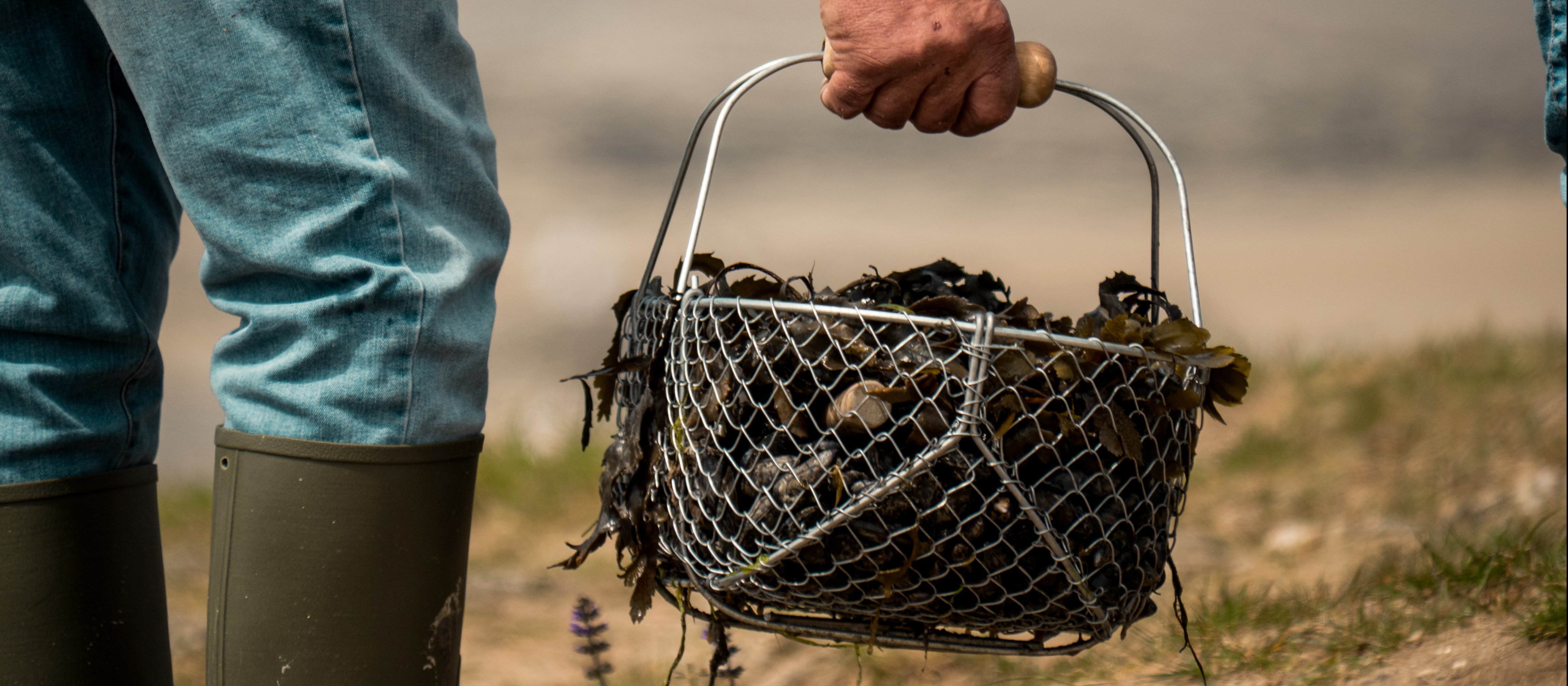For older people and frail people, the long-term benefit of medicines reduces and the potential for harm from adverse effects increases. When the benefit–risk balance changes in this way, medicine review and optimisation are important to simplify the therapeutic regimen, reduce inappropriate medicines and minimise risks. In this article, pharmacist prescriber Linda Bryant uses two case studies to illustrate important considerations during medicine reviews
Antibiotic-resistant bacteria in wild cockles, mussels and watercress
Antibiotic-resistant bacteria in wild cockles, mussels and watercress

Traditional harvesting sites, or mahinga kai, continue to be used throughout New Zealand to provide food and to share skills and cultural practices between families and generations. But our new research shows that wild foods concentrate antibiotic-resistant bacteria and could put people at risk.1
Kia ora and welcome to New Zealand Doctor Rata Aotearoa
Not a subscriber? Unlock this article by subscribing here.
1. van Hamelsveld S, Kurenbach B, Paull DJ, et al. Indigenous food sources as vectors of Escherichia coli and antibiotic resistance. Environ Pollut 2023;334:122155.
2. World Health Organization. Antibiotic resistance. 31 July 2020.
3. Land Air Water Aotearoa. Can I swim here?
4. Pattis I, Weaver L, Burgess S, et al. Antimicrobial resistance in New Zealand – a One Health perspective. Antibiotics (Basel) 2022;11(6):778.



